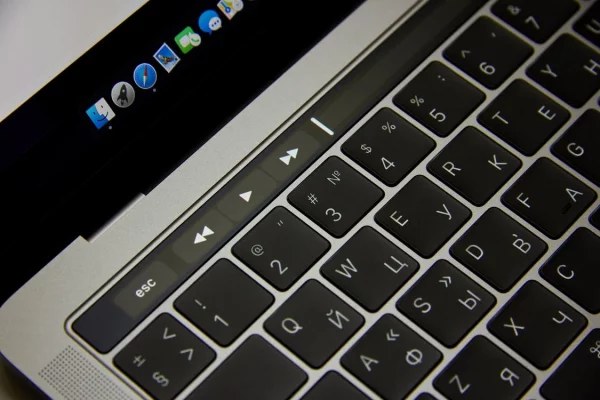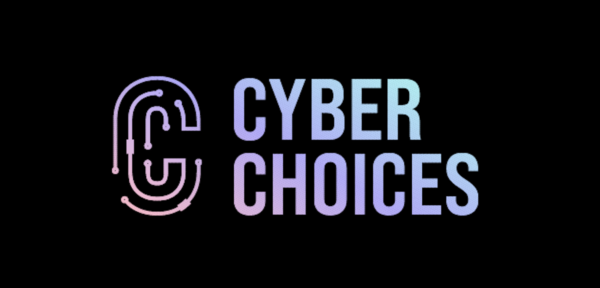NCSC Web Check
The National Cyber Security Centre’s Web Check helps you identify and fix common security issues in your websites.
The National Cyber Security Centre’s Web Check helps you identify and fix common security issues in your websites.
Mail Check, part of the Active Cyber Defence programme, from the National Cyber Security Centre, assists with email security configuration and reporting.
UK education settings can now sign up for the FREE National Cyber Security Centre’s Web Check and Mail Check services to protect their websites and email servers from cyber attacks.
All schools are encouraged to sign up for both pioneering services that help identify potential cyber security issues and fix them promptly. The tools, from the NCSC – a part of GCHQ – have been rolled out to help schools defend against the continuing threat from cyber criminals whose activities can put sensitive data at risk and affect institutions’ reputation and ability to operate.
If you have any questions about cyber security and what it means for your school, please contact us at [email protected]

 These days pupils have access to an abundance of material on the internet, that can guide and coach them on computer hacking. There are plenty of tutorials, videos, and free tools that they can use to practise their skills. At school they have access to a fully working network where they may try and practise what they have learnt.
These days pupils have access to an abundance of material on the internet, that can guide and coach them on computer hacking. There are plenty of tutorials, videos, and free tools that they can use to practise their skills. At school they have access to a fully working network where they may try and practise what they have learnt.
It may be that your pupils are just curious and are looking to test their skills with no malicious intent. They may not completely understand the implications of their actions and might do something that seriously impacts the school network.
Other pupils may be looking to disrupt the school network just to be a nuisance, think of it as the modern-day equivalent of setting off the fire alarm! They may also try and access their own data (or their friends) to change behaviour records or coursework grades.
Anyone (including young people) who commits cybercrime could face:
 Cyber Choices is a national programme designed to reduce cybercrime, including illegal hacking of computers and networks, denial of service and the writing, distribution or deployment of malware. These are offences under the Computer Misuse Act 1990
Cyber Choices is a national programme designed to reduce cybercrime, including illegal hacking of computers and networks, denial of service and the writing, distribution or deployment of malware. These are offences under the Computer Misuse Act 1990
The programme has four main aims:
Cyber Choices is co-ordinated by the National Crime Agency. They work with specific individuals who may be vulnerable to committing cybercrime, and divert them onto a more productive path by using educational visits, workshops and online training.
Anyone can refer someone they feel would benefit from working with the Cyber Choices team. Parents, teachers, social workers or police officers often make referrals.
Cyber Choices helps parents, teachers, or youth workers know what to look out for if they’re concerned about their child or a young person they work with. You will be given advice on how to safeguard the young person and divert them onto a more positive path.
Please visit the Cyber Choices website for more information.